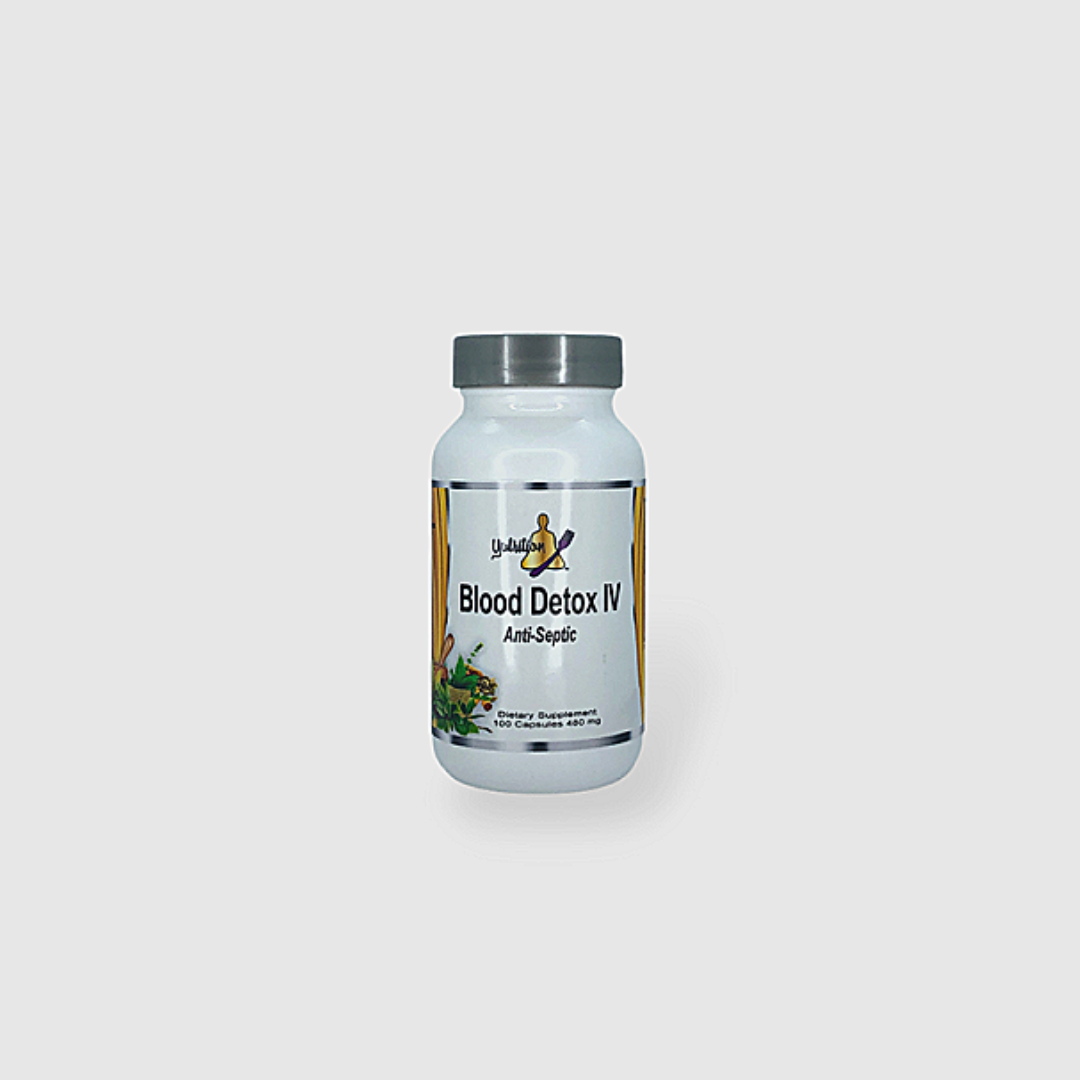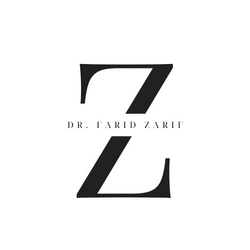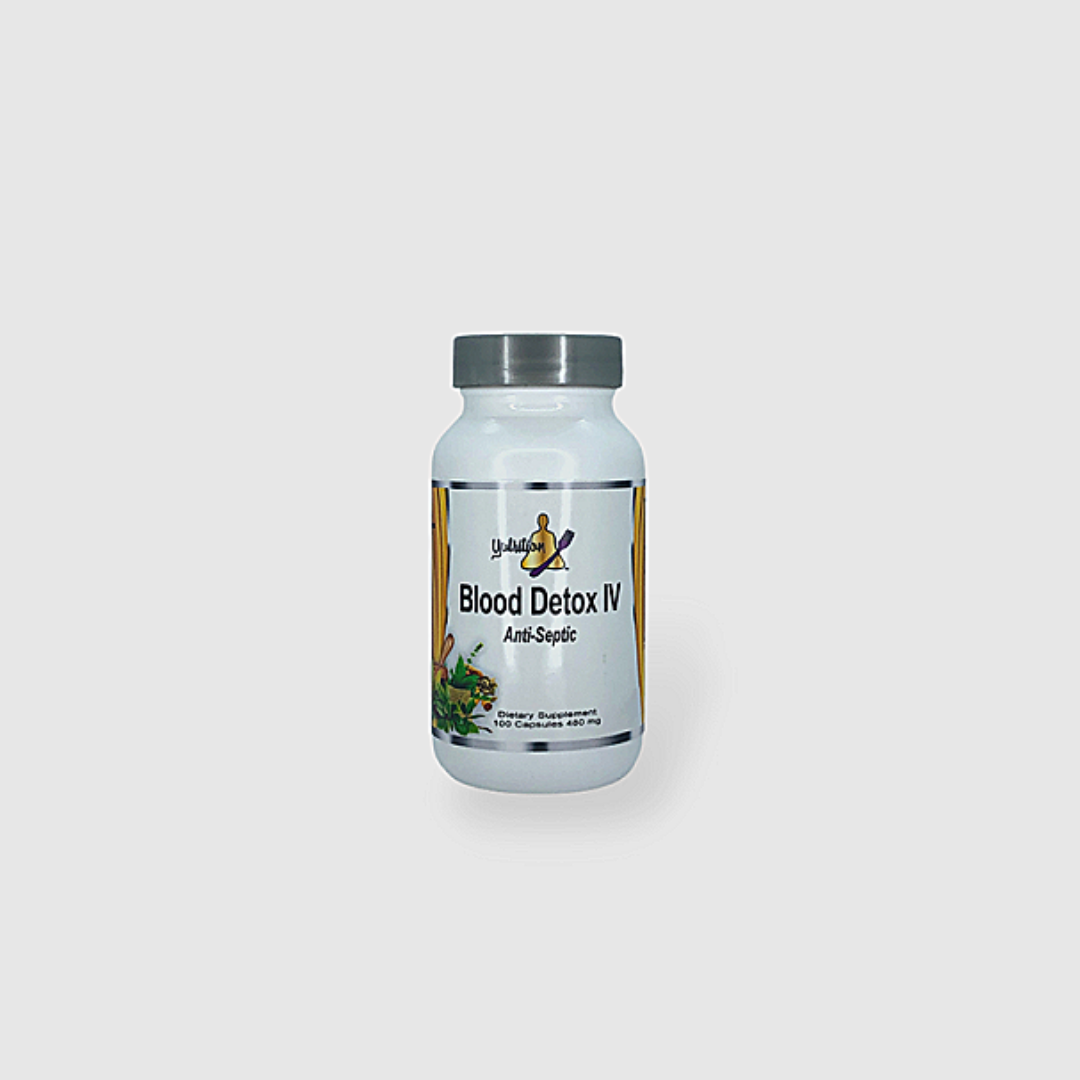Executive Life Diet Store
Blood Detox IV
Couldn't load pickup availability
BLOOD CLEANSER PHASE IV
Blood is the river of life that flows through the human body. We cannot live without it. The heart pumps blood to all our body cells, supplying them with oxygen and nutrients. At the same time, blood carries carbon dioxide and other waste products from the cells. Blood also fights infection, keeps our temperature steady, carries hormones that regulate many bodily functions, and has substances that plug broken blood vessels and so prevent us from bleeding to death. Our general well being, depends on the health of our organs and systems. This is why it is so vital to periodically cleanse the blood, which feeds all the organs and systems.
BLOOD CLEANSER PHASE IV is also a Native American blood cleansing formula. Burdock is the main ingredient in this combination and it has many attributes. It is not only one of the best herbal blood cleansers known to man, but it is a wonderful herb to treat problems of the kidney and liver and has been known for centuries as an herb that is an aid to arthritis.
Dr. Shook says that there is nothing to equal burdock in the treatment of skin diseases, eczema and boils. Every part of the burdock plant is used for medicine, but in many countries, it is used for a food also. In the spring, the stock can be cut up and peeled and eaten like raw celery. The root looks like a big long carrot, only it is grayish brown outside and whitish inside. The first year’s root is the most desirable. It is raised in Japan for food and is called gobo.
Burdock is considered one of the best blood purifiers to neutralize and eliminate poisons in the system and to eliminate uric acid and excess waste products. It aids the pituitary gland to help adjust hormone balance. It is also good for gout, it fights allergies, will help in kidney toxemia, bladder infections, urinary deposits and will cleanse the liver. It is used for boils, herpes and canker sores, and other infections. Burdock is rich in Vitamin C, iron, magnesium and inulin, a form of starch. It also contains vitamins A, E and P, niacin, iron, B complex, B1, PABA and some trace minerals. This is the final step to our complete blood cleansing series.
Following is a list of herbs contained in this formula:
BURDOCK
PAU D’ARCO, CLEAVERS, SLIPPERY ELM, LICORICE, BUCKTHORN, CASCARA, BLACK WALNUT, CANAIGRE, CALENDULA, ALOE
Recommendation: PHASE IV is the fourth and final step in our four step cleansing series. Take 3 capsules twice a day or 2 capsules three times a day. For a complete blood cleanse all four Phases are recommended.
The difference between a vegan and a plant-based diet
The difference between a vegan and a plant-based diet
The difference between a vegan and a plant-based diet
Is a plant-based diet the same thing as a vegan diet? Both meal plans have made headlines for their health benefits in recent years and while they are similar, there are some key differences: Vegan diets eliminate all animal products, while plant-based diets do not necessarily eliminate animal products, but focus on eating mostly plants, such as fruits, vegetables, nuts, seeds and whole grains.
What is a vegan diet?
“With a vegan diet, you eliminate all animal products, including dairy, meat, poultry, fish, eggs and honey,” says, Dr. Farid Zarif a bariatric medicine nutritionist, founder of Rhythmic Ingestion, author of "Slaves of the Tongue".
Some people choose to follow a vegan diet for ethical, environmental or health reasons. While going vegan can have health benefits, there are some pitfalls to avoid.
“Just because something is vegan doesn’t mean it’s healthy,” he says. “If you’re vegan, you can still technically eat vegan cookies, potato chips and other vegan junk food, which can be high in calories and low in nutrients. I recommend sticking to whole foods as much as possible.”
What is a plant-based diet?
Plant-based diets also emphasize eating whole foods, meaning the food has undergone little – if any – processing and is as close to its natural state as possible.
Plant-based foods include:
Whole grains (quinoa, farro, barley, oatmeal)
Plant-based oils (avocado, olive, canola)
What is the right meal plan for you?
“Regardless of what meal plan you choose, everyone’s diet should ideally consist of 50 percent vegetables,” says Dr. Zarif. “Fruit is healthy too, but I like to focus on vegetables because they have less sugar.”
When building your plate, aim for:
50 percent vegetables
25 percent whole grains
25 percent lean protein
“If you are not eating meat or other animal proteins like eggs, try beans or quinoa for plant-based protein,” he says.
Adding healthy fats – such as avocado oil when roasting veggies, a sprinkle of slivered almonds on your oatmeal or sliced avocado on your salad – will help you feel full for longer. And healthy fats have numerous other health benefits.
When to talk to your doctor about your diet
“It’s a good idea to see your primary care doctor to get a basic framework for what a healthy diet should look like for you, particularly if you have an underlying health condition or have had weight loss surgery, which can affect how your body processes nutrients,” says Dr. Zarif. “For example, if you have diabetes and want to eat healthily, be sure to eat small portions, not to exceed 2 servings”.
Also, if you are vegan, vegetarian or don’t eat many animal products, she recommends asking your doctor to check your B vitamin levels.
“B12 deficiency is common in vegans because it’s a nutrient that we need to know more about, along with its varying sources,” he explains. “If you don’t consume many animal products, talk to your doctor about taking a supplement.”
Calcium is another important nutrient that can be hard to get when you don’t eat dairy products. Dr. Zarif recommends eating and drinking calcium-fortified plant-based milk (like almond milk) or other calcium-fortified foods.
“If you’re not getting three servings of calcium-rich foods each day, ask your doctor about adding a supplement,” he says. “Try to get at least some calcium from your diet because taking too many calcium supplements can cause adverse side effects.”
Is a vegan or plant-based diet healthy?
If you eat plenty of vegetables, fruits, healthy fats and whole grains, you should still get a good chunk of your daily vitamins and minerals because plant-based foods are high in many nutrients.
“If you’re going to follow a vegan or plant-based diet, think through it carefully and plan out your meals,” says Dr. Zarif. “You don’t necessarily have to go vegan to be healthy – plant-based is a good option for people who struggle with consistency and planning. If you are going to commit to a vegan diet, make a plan and be consistent about incorporating all the healthy food groups, including plant-based protein, so you don’t miss out on nutrients.”
What this book may do for you
What this book may do for you
Help you to change the narrative of outdate and ineffective lifestyles.
Shipping
Shipping
Share

Subscribe to our emails
Be the first to know about new collections and exclusive offers.

